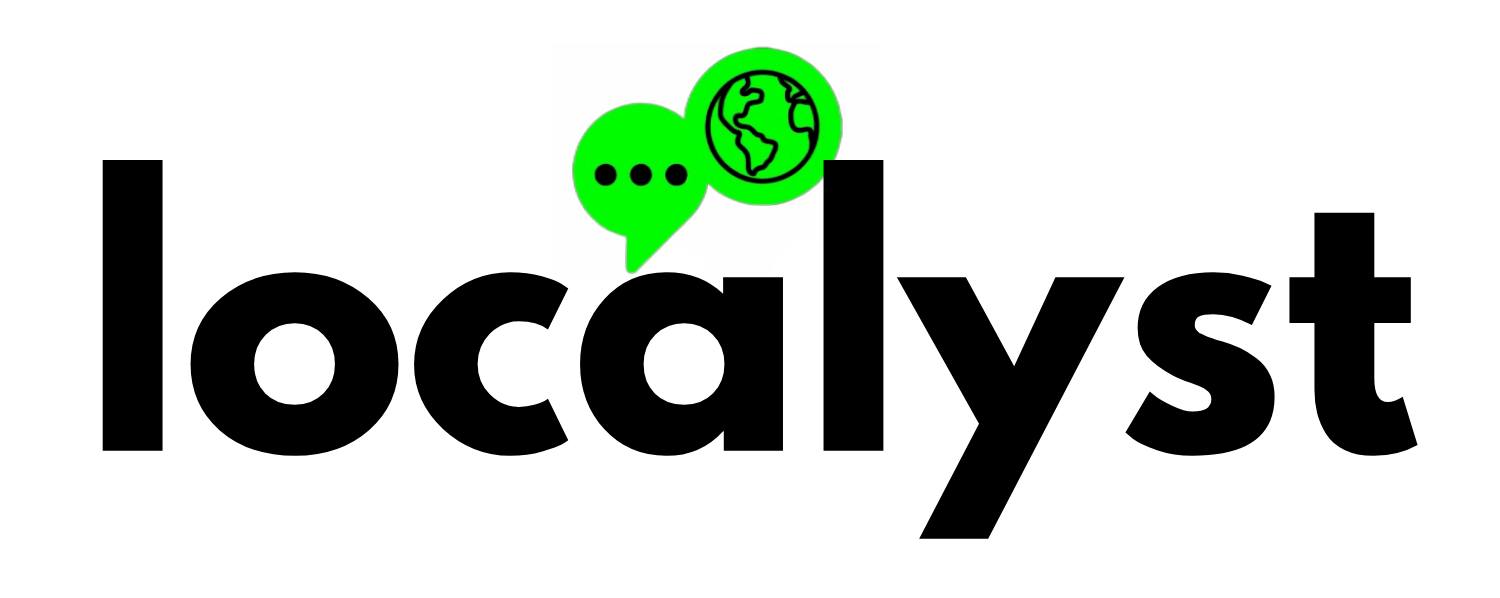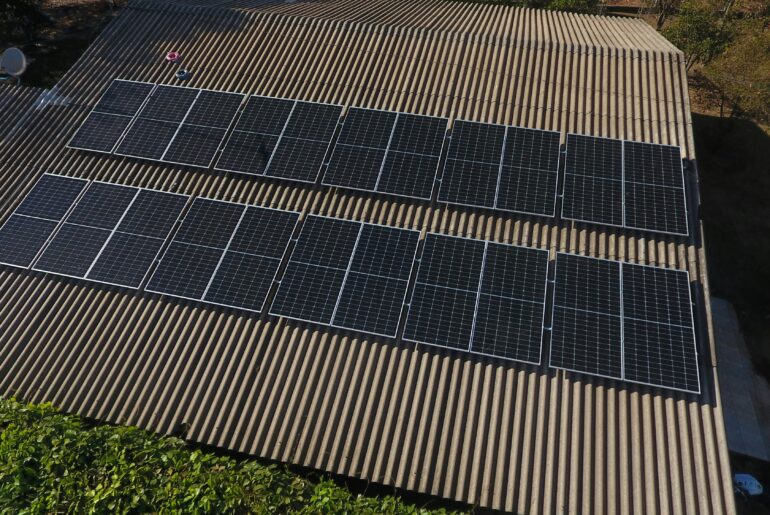As someone once said, “One person’s trash is another person’s treasure.” Now, what if we tell you that your trash could be your own treasure, right in your backyard? That’s the magic of composting! Composting turns your everyday kitchen waste into a precious resource, sometimes referred to as “garden gold.”
Imagine that those banana peels, eggshells, and coffee grounds you toss into your trash can transform into something so valuable. In this article, we will explore how composting works and the power it holds in enriching our environment.
Let’s start with the basics. So, what is composting?
It’s a natural process that transforms organic waste, like banana peels and eggshells, into soil that’s rich with nutrients. It’s like giving nature a little helping hand. Picture this: a pile of leaves in the fall. Over time, they break down and enrich the soil beneath. That’s composting in action!
The composting process uses the help of small organisms like bacteria and fungi. They munch away on your kitchen waste, breaking it down into smaller, nutrient-rich particles. This compost feeds plants and helps them grow strong and healthy. In other words, your kitchen scraps can power up your garden!
Now, what can you compost?
Almost any organic material can go into your compost bin. This includes fruit and vegetable peels, coffee grounds, tea bags, eggshells, and yard waste like grass clippings and leaves. But remember, don’t compost meat, dairy, or diseased plants, as they can attract pests or create unpleasant smells.
Let’s get down to the fun part: turning waste into garden gold. Here’s a simple way to start: You can use a store-bought compost bin or build your own from wood pallets or a simple garbage can with holes drilled for air circulation.
How to get started
Start by putting down a layer of browns—these are things like leaves, straw, or newspaper. Then add a layer of greens, which are your kitchen scraps like vegetable peels or coffee grounds. The browns provide carbon, while the greens provide nitrogen. Both are crucial for the composting process.
Then, wait and let nature do its work! Your job is to turn the pile every few weeks with a shovel or pitchfork. This improves aeration and speeds up the composting process.
In a few months, you will have rich, dark compost ready for use. This compost is garden gold because it’s loaded with nutrients that plants need to grow. It also improves the soil’s structure, helping it retain water and fend off diseases.
Benefits of composting
By composting, you’re not just creating nutrient-rich soil for your plants. You are also reducing the amount of waste that ends up in landfills. Organic waste in landfills breaks down and produces methane, a powerful greenhouse gas. By composting, you’re cutting down on this methane production, helping to fight climate change.
Imagine if everyone in your school, your neighborhood, or your town started composting. That would mean less waste in landfills and more beautiful, healthy gardens. It is a win-win situation for both us and the environment!
Conclusion
Composting is an easy and effective way to recycle our kitchen waste into something valuable. It’s like having a magic wand that transforms waste into treasure for our gardens. Plus, it’s a fun, hands-on way to help our environment. The next time you peel a banana or crack an egg, think about composting. You will be turning your kitchen waste into garden gold!




